Why create a profile on Shaalaacom?Stack Exchange network consists of 176 Q&A communities including Stack Overflow, the largest, most trusted online community for developers to learn, share their knowledge, and build their careers Visit Stack Exchange```(dz)/(dx) = 1/sqrt(x^2 y^2) (d/(dx) sqrt(x^2 y^2))` since `d/(dx) ln(f(x)) = (f'(x))/f(x)` `d/(dx) sqrt(x^2 y^2) = (1/2)(x^2y^2)^(1/2)(2x) = x/sqrt(x^2y^2)`
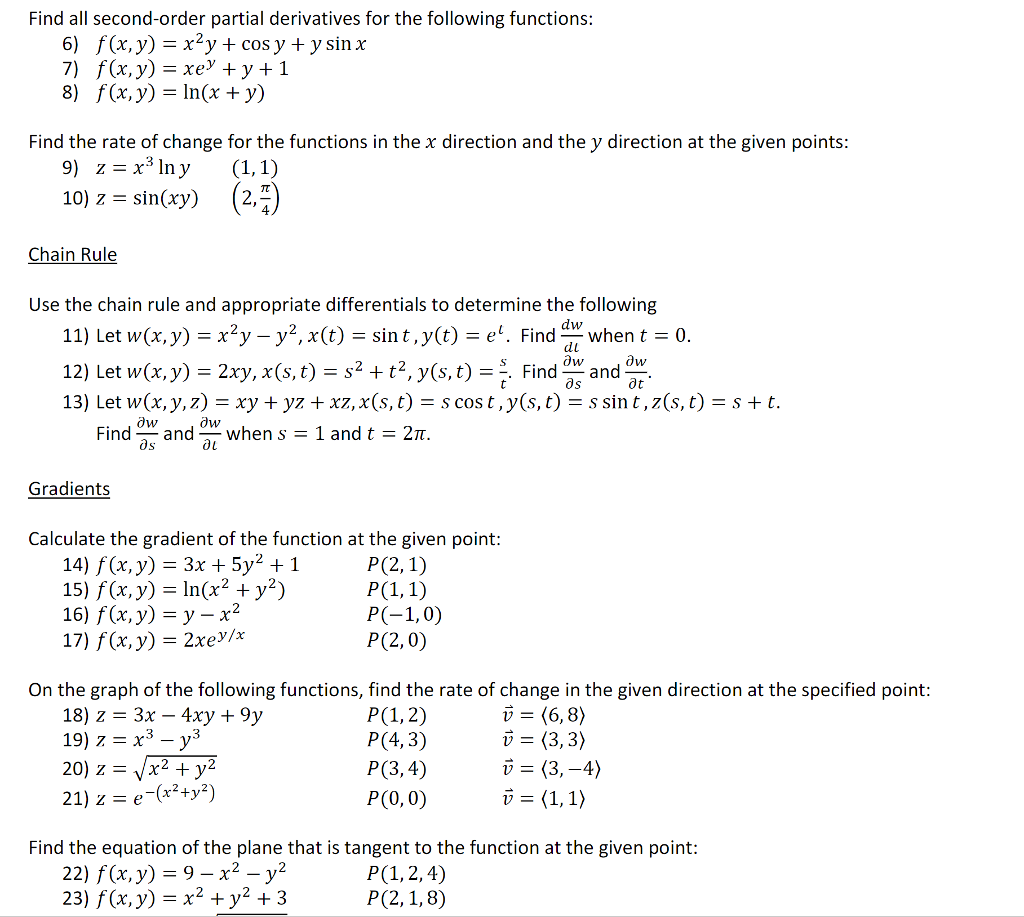
Solved Find All Second Order Partial Derivatives For The Chegg Com
F(x y)=log(x^2+y^2)
F(x y)=log(x^2+y^2)-Im neuen Schwätz Werde MatheMillionär! · I'm trying to get tex \frac{\partial}{\partial x} log(x^{2} y^{2}) /tex let z = x 2 y 2 Do I need to do a change of base to go from log 10 z to log e z before I can do the partial wrt x?



If Xy Log X Y 1 Prove That Dydx Y X 2y X Y X Xy 2 X Y
2) if y is negative then log(y) is undefined So we can't have x/y = 1, so we must have x/y = 4Graph f(x)=2 log of x Find the asymptotes Tap for more steps Set the argument of the logarithm equal to zero Solve for Tap for more steps Take the square root of both sides of the equation to eliminate the exponent on the left side Simplify the right side of the equation Tap for more steps Rewrite as Pull terms out from under the radical, assuming positive real numbers isLog _b (N)=x , then b^x=N Ans Precalculus Science Anatomy & Physiology Astronomy Astrophysics Biology Chemistry Earth Science Environmental Science Organic Chemistry Physics Math Algebra Calculus Geometry Prealgebra Precalculus Statistics Trigonometry Humanities
· f (x,y) = ln( y^2 √(x^2 y^2) ) nach x ( y^2 √(x^2 y^2) ) ´ / ( y^2 √(x^2 y^2)) ( 2x ) / ( 2 * √(x^2 y^2) ) / ( y^2 √(x^2 y^2) )) x / (( y^2 √(x^2 y^2) ) * √ (x^2 y^2))Not a problem Unlock StepbyStep f (x,y)=x^2y^2 Extended Keyboard ExamplesShow that $\displaystyle u=\frac{1}{2}\log(x^2y^2)$ is harmonic and find its harmonic conjugate function I did the first part to show that $\displaystyle \frac{\partial^2 u}{\partial x^2}\frac{\ Stack Exchange Network Stack Exchange network consists of 176 Q&A communities including Stack Overflow, the largest, most trusted online community for developers to learn, share their
U}{\partial y \partial x} $ written 48 years ago by shailymishra30 ♦ 280Gegeben sei a) f(x,y) = x 2 y2 b) f(x,y) = 16−x2 −y2 Bestimmen Sie für diese Funktionen die Gleichungen der Höhenliniendiagrammkurven und der Schnittkurven (Schnittebenen parallel zur x,zEbene bzw y,zEbene) für z 0, y 0 bzw x 0 = 0,1,2,3,4 Versuchen Sie, eine 3DSkizze zu erstellen und beschreiben Sie dann die durch f dargestellte Fläche im dreidimensionalen RaumNot a problem Unlock StepbyStep f (x,y)=sqrt (x^2y^2) Extended Keyboard



If F X Sin Logx Then F Xy F X Y 2f X Cos Logy A Co



X Y E X Y So Prove That Dy Dx Logx 1 Logx 2 Youtube
A log–log plot of y = x (blue), y = x 2 (green), and y = x 3 (red) Note the logarithmic scale markings on each of the axes, and that the log x and log y axes (where the logarithms are 0) are where x and y themselves are 1 In science and engineering, a log–log graph or log–log plot is a twodimensional graph of numerical data that uses logarithmic scales on both the horizontal andF(x;y) = x2 1 2 xy2 1 2 y4 = 0 Man bestimme die lokale Au osungsfunktion der y= h(x) mit 1 = h(1 2), sowie die Ableitung h0(1 2) L osungsvorschlag Es ist f(1 2;1) = 0 und f y = xy 2y3 also ist f y(1 2;1) = 3 2 6= 0 Folglich existiert lokal eine Funktion y= h(x) mit 1 = h(1 2) und f(x;h(x)) = 0 fur alle xaus einer geschickt gew ahlten Umgebung U (1 2)Y = log (x² /e^x) = log(x²) log (e^x) = 2 log x x log e = 2 log x x y = 2 log x x dy/dx = 2/x 1 d²y/dx² = 2/x²
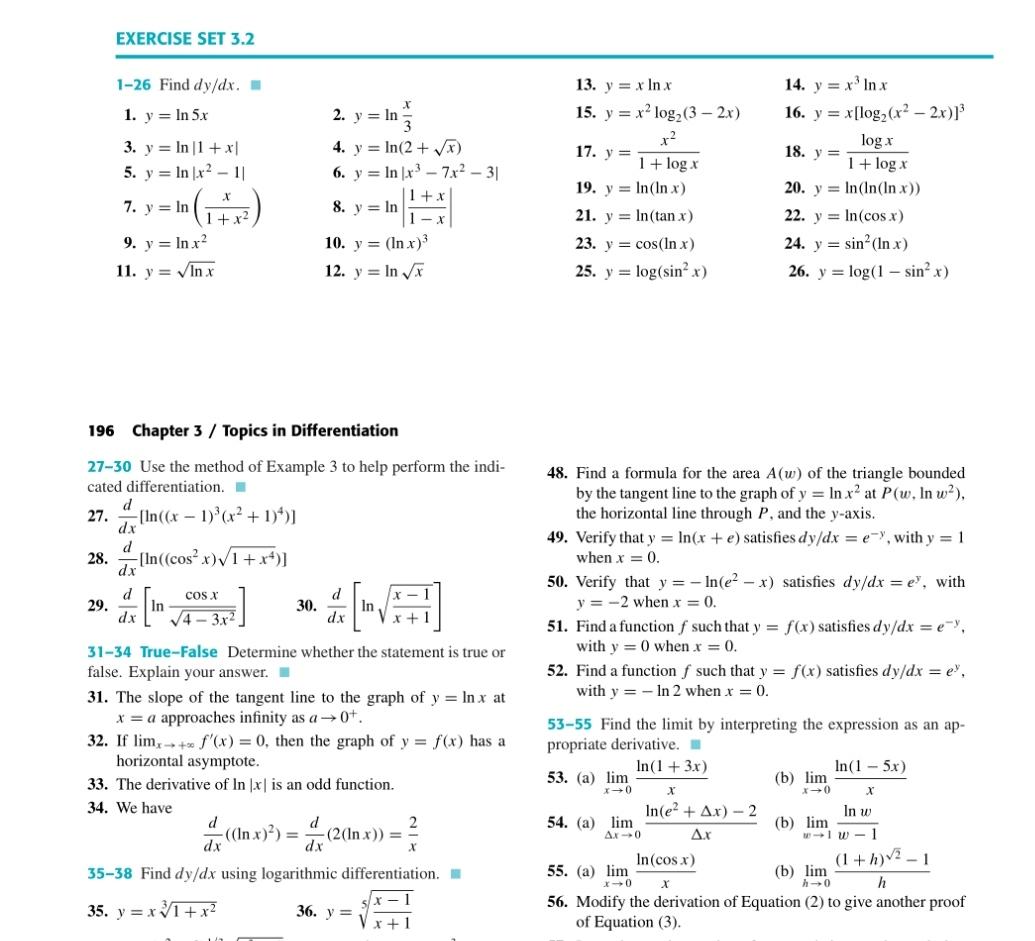


Solved Exercise Set 3 1 C Cas 1 2 A Find Dy Dx By Diffe Chegg Com



Preview Cambridge International As And A Level Pure Mathematics 2 3 Coursebook By Cambridge University Press Education Issuu
U}{\partial x \partial y} \;© 16 Verlag E DORNER, Wien Dimensionen – Mathematik 7 2 Differentialrechnung Ableitung von Logarithmusfunktionen Arbeitsblatt − Lösungen 1 a) f′(x) = _5 x1418 · f(x,y)=x^3/(x^2y^2) Stetig differenzierbar Meine Frage Hallo, ich konnte leider an dem wo Differenzierbarkeit im R^n angefangen wurde nicht zur Uni und wollte mich deshalb zum einen vergewissern, ob ich die Herangehensweise richtig verstanden habe und zum anderen wollte ich wissen, wie man mit der Stetigkeit bei der Aufgabe weiter kommt Also die Aufgabe
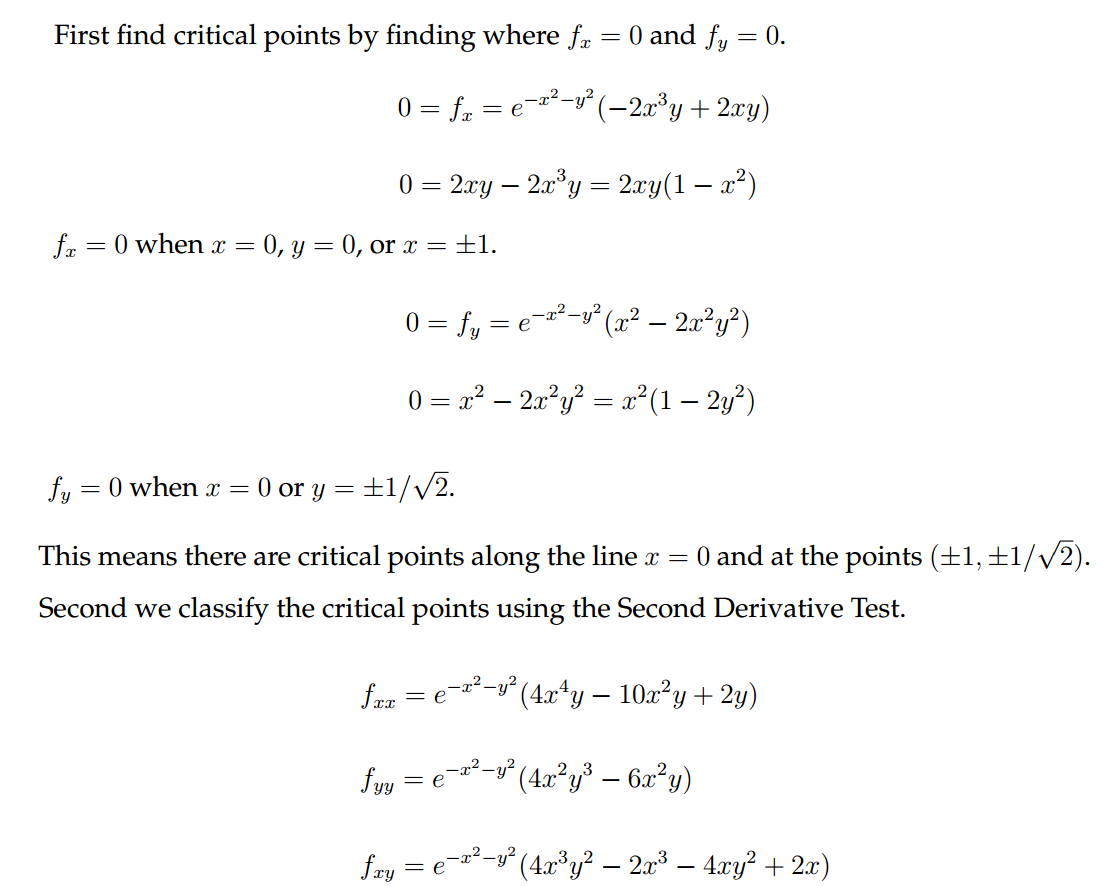


Show That F X Y X 2ye X 2 Y 2 Has Maximum Values At 1 1 2 And Minimum Values At Show Also That F Has Infinitely Many Other Critical Points And D 0 At



4 Partial Derivatives And Their Applications Derivative Variable Mathematics
Domain of f (x,y) = log (1 (x^2y^2)) WolframAlpha · f ( x, y) = log ( x 2 y 2) Partial derivatives are ∂ 2 f ∂ x 2 = y 2 − x 2 ( x 2 y 2) 2 and ∂ 2 f ∂ y 2 = x 2 − y 2 ( x 2 y 2) 2 The conclusion is that the following equation is right ∂ 2 f ∂ x 2 = − ∂ 2 f ∂ y 2 · Für (x,y) ≠ (0,0) kann man die partielle Ableitung \(\frac { ∂f }{ ∂x }\) einfach mit der Quotientenregel ausrechnen$$\frac { ∂f }{ ∂x }(x,y)=\frac { y^2·(x^22xyy^2) }{ (x^2y^2)^2 }$$Betrachtet man nun für diesen Term die Folgen (1/n , 1/n) und (1/n , 2/n), die für n→∞ beide gegen (0,0) streben, so ergeben sich sich beim Einsetzen in \(\frac { ∂f }{ ∂x }(x,y)\) die
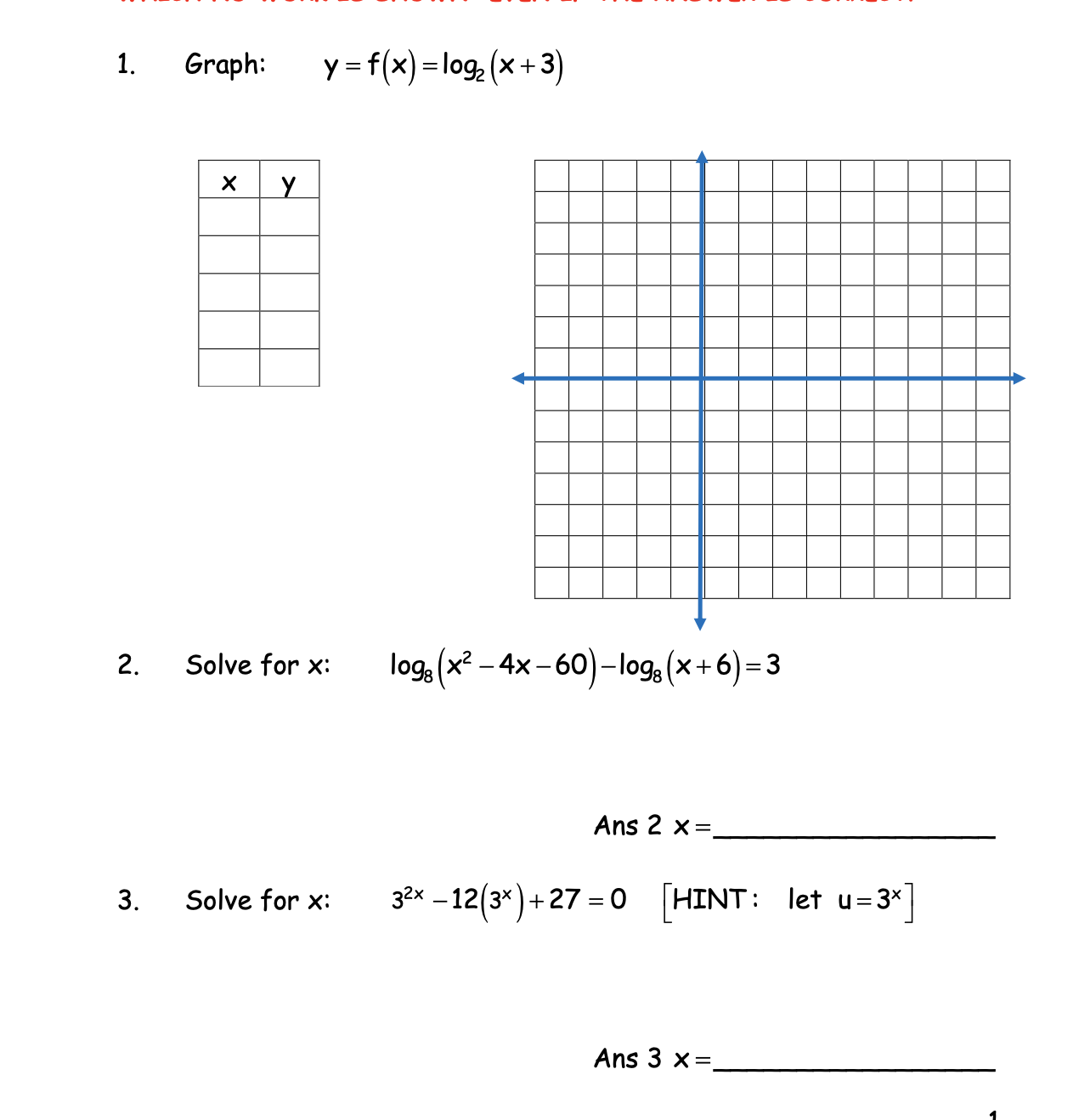


Solved 1 Graph Y F X 1092 X 3 X Y 2 Solve For X Chegg Com



Solve X 2 D 2y Dx 2 2x Dy Dx 4y X 2 2log X Mathematics 2 Question Answer Collection
//socraticorg/questions/howdoyoufindtheinverseofylog2x4 \displaystyle { {f}^ { { { {1}}}} {\left ( {x}\right)}}= {2}^ { {x}} {2} Explanation For finding the inverse follow these steps Step 1 Swap \displaystyle {x} and \displaystyle {y} Step 2 SolveF(x) = loga(x) (0,∞) → R f¨ur Basis a > 0 Spezialfall Basis e, log(x) = loge(x), der nat¨urliche Logarithmus 0 05 1 15 2 25 3 35 4 45 5 −5 −4 −3 −2 −1 0 1 2 Der nat¨urliche Logarithmus f(x) = log(x) Es gilt die Funktionalgleichung loga(x·y) = loga(x)loga(y) f¨ur alle x,y > 0 Analysis I TUHH, Winter 06/07 Armin Iske 39 Kapitel 1 Aussagen, Mengen, FunktionenSo, I simplified the problem to look like this$$ 2\log_x y 2\log_y x$$ And then following that, I factored out the two, leaving me with this$$ 2(\log_x y \log_y x) $$ From there, I am stuck because I do not know how to integrate the $3$ from the original equation into this new one, as I am sure the value of this new one has something to do with the $3$ given in the problem



Show That Z Ln X 2 Y 2 2 Tan 1 Y X Satisfies The Laplaces S Equation Mathematics Stack Exchange



Solved Find All Second Order Partial Derivatives For The Chegg Com
· Beweis Existenz Richtungsableitung f(x,y)=(xy^2)/(x^2 y^4), falls (x,y)≠0, 0 sonstClick here👆to get an answer to your question ️ If u = f(r) , where r^2 = x^2 y^2 z^2 , then prove that ∂^2u∂x^2 ∂^2u∂y^2 ∂^2u∂z^2 = f^\" (r) 2rf (r) LEARNING APP; · (∂f/∂x) y mit dem y als Index hintendran kenne ich das so nicht Ansonsten ist (∂f/∂x) = Ableitung nach x und y wird als Konstante betrachtet hier also = mit Quotientenregel ( (x^2y^2)*2xy x^2*y*2x ) / ( x^2 y^2 ) ^2 gibt zusammengerechnet 2xy^2 / ( x^2 y^2 ) ^2



2 Problems On Euler S Theorem



Solve Y 2 2x 2y Dx 2x 3 Xy Dy 0 Mathematics Stack Exchange
MA121, Homework #8 Solutions 1 Letting f(x;y) = log(x2 y2), flnd the rate at which f is changing at the point (1;2) in the direction of the vector v = h6;8i † To flnd a unit vector u in the direction of v, we need to divide v by its length, namely jjvjj = p 62 = 10 =) u = 1 10 v = h6=10;8=10i The desired rate of change is given by the directional derivative Duf = rf ¢uVolumen Zylinder geschnitten mit exp(x^2y^2) Hallo, Folgende Aufgabe In einem dreidimensionalen kartesischen Koordinatensystem sei um die zAchse ein gerader Kreiszylinder mit dem Radius a gegeben Aus diesem schneiden die xyEbene und die durch die Gleichung f(x,y) = exp() gegebene Fläche einen Körper heraus Man berechne das Volumen dieses Köpers!= \frac1z\right) However, in the integral, as written, the However, in the integral, as written, the



If Xy Log X Y 1 Prove That Dydx Y X 2y X Y X Xy 2 X Y



If Z X Y X 2 Y 2 Show That Delz Delx Delz Dely 2 4 1 Delz Delx Del Youtube
1 Inform you about time table of exam 2 Inform you about new question papers 3 New video tutorials informationF (x,y)=sqrt (x^2y^2) WolframAlpha Rocket science?Solve your math problems using our free math solver with stepbystep solutions Our math solver supports basic math, prealgebra, algebra, trigonometry, calculus and more



Consider The Function F X Y Ln X 2 Y 2 3 Compute The Partial Derivatives Of The First And Second Order Mathematics Stack Exchange



9 Hy Log X Vx2 1 Then Cy X 10 S 001sinx Coaxi
Solve your math problems using our free math solver with stepbystep solutions Our math solver supports basic math, prealgebra, algebra, trigonometry, calculus and moreThat would make it$$\alpha \left( x,y \right) \sqrt { { x }^{ 2 }{ y }^{ 2 } } \neq o\left( \sqrt { { x }^{ 2 }{ y }^{ 2 } } \right) $$ so it not differentiable Share Cite Follow edited Aug 14 '16 at 1729 answered Aug 14 '16 at 1724 haqnatural haqnatural 213k 8 8 gold badges 27 27 silver badges 59 59 bronze badges $\endgroup$ Add a comment 1 $\begingroup$ Differentiability means there is a tangent



X 2 Y 2 10xy Show That 2log X Y Logx Logy 2log2 Log3 Brainly In
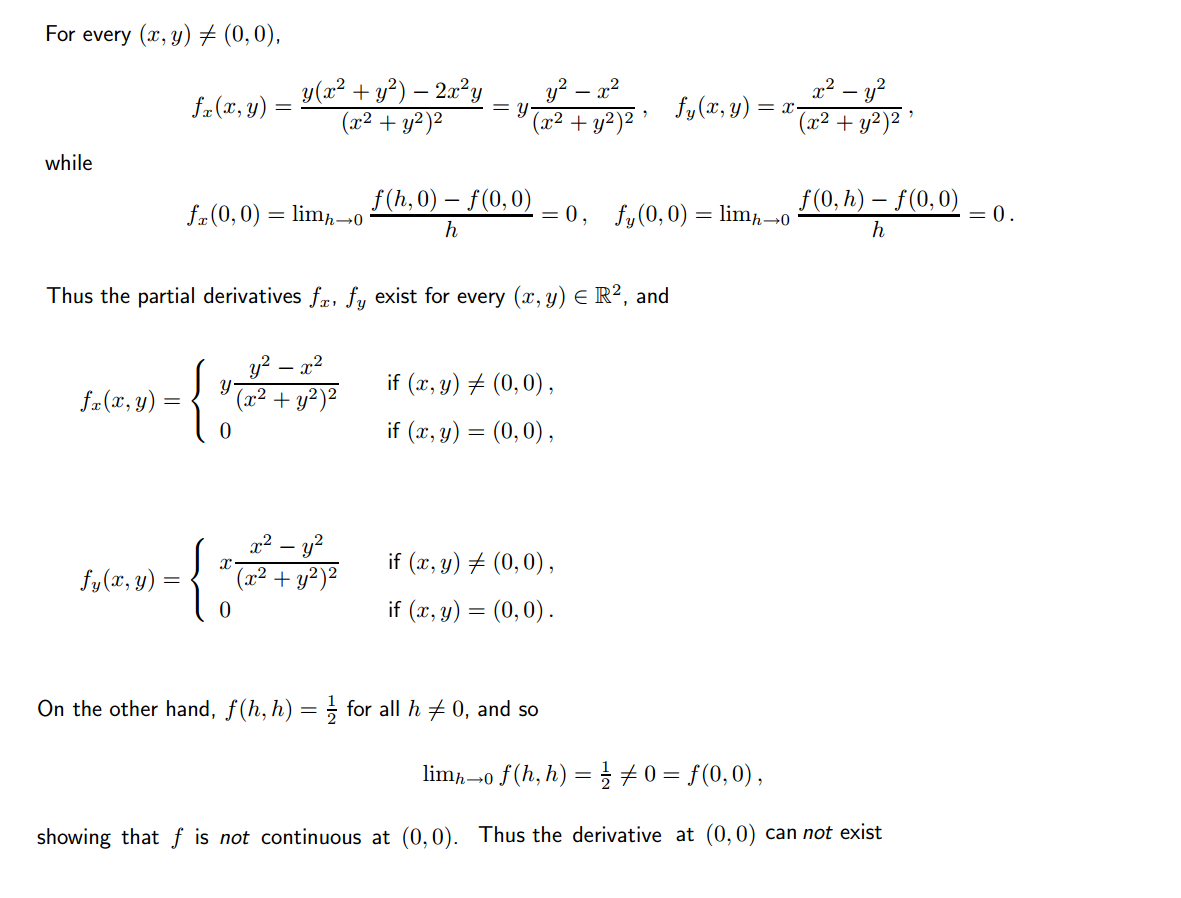


The Function F X Y Xy X 2 Y 2 If X Y Is Not Equal To 0 0 0 If X Y 0 0 Show That Fx 0 0 And Fy 0 0 Both Exist But Is Not Differentiable At 0 0 Homework Help And Answers
Formeleditor fedgeo Neues auf einen Blick Schwarzes Brett 0406 0422 bb Meine Stellungnahme zu PasswortLeaks Aktion im Forum ForumGliederung Zur Anmeldung Beiträge in den Foren Frage stellen 0302 U < Anwendung HölderUngleichung6243 views around the world You can reuse this answer Creative Commons LicenseVerwendet man für beide Achsen eine logarithmische Skala, so stellt sich zB die Normalparabel mit p(x)=x 2 als Nullpunktgerade mit der Steigung 2 dar Logarithmiert man die Gleichung y=x 2, so erhält man nämlich lg(y)=2*lg(x)


What Is The Solution Of Differential Equation D 2y Dx 2 2 Dy Dx Y 0 When X 0 Y 1 Dy Dx 2 Quora


How To Solve The Given Differential Equation Xy Y Y 2 Log X Quora
· \ \underbrace{f(x,y,z)=x^2−2xyy^23yz−z^24x−2y3x−6}_{\text{a polynomial in three variables}}\ and \g(x,y,t)=(x^2−4xyy^2)\sin t−(3x5y)\cos t\ In the first function, \((x,y,z)\) represents a point in space, and the function \(f\) maps each point in space to a fourth quantity, such as temperature or wind speed In the secondY = logx x2 a2 y1 = dxdy = x x2 a2 1 (1 2 x2 a2 2x )y1 = x x2 a2 1 ( x2 a2 x2 a2 x )⇒ y1 ( x2 a2 ) =1Again differentiate,⇒ y2 ( x2 a2 ) 2 x2 a2 12xy1 = 0⇒ y2 (x2 a2)xy1 = 02 Here is another way to prove the continuity of f ( x, y) at ( 0, 0) x y x 2 y 2 − 0 = x y x 2 y 2 < x 2 y 2 x 2 y 2 x 2 y 2 = x 2 y 2 < ε ( where ε is a preassigned positive number) if x 2 y 2 < δ 2, where δ = ε So,given any ε > 0, ∃ δ > 0 such that



Engineering Mathematics Notes



Implicit Differentiation Advanced Example Video Khan Academy
· Nun zur Berechnung des Integrals, dafür bleibt noch f in Polarkoordinaten auszudrücken f=x^2y^2=r^2cos^2(φ)r^2sin^2(φ)=r^2*(cos^2(φ)sin^2(φ)=r^2*cos(2φ) Man benötigt noch das Flächenelement in Polarkoordinaten dA=rdrdφIm obigen Beispiel gibt es zwei partielle Ableitung, weil man ja sowohl nach \(x\) als auch nach \(y\) ableiten kann Die jeweils andere Variable die, nach der nicht abgeleitet wird verhält sich dabei wie eine KonstanteBasic partial derivatives u = log( $x^2$ $y^2$ ), prove $ \frac{\partial^2 \;
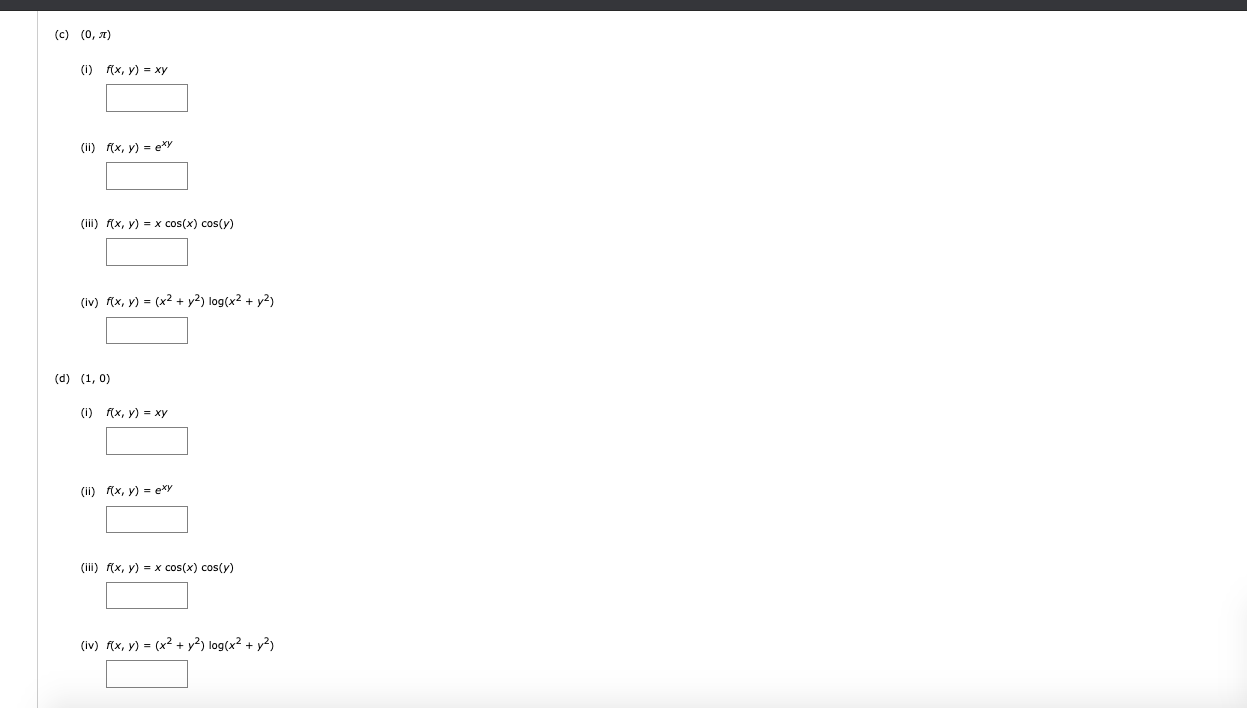


Answered Compute The Plane Tangent To The Graphs Bartleby



If X Y Log X Y 1 Prove That Dy Dx Y X 2y X Y X X Y
Join / Login maths If u = f (r), where r 2 = x 2 y 2 z 2, then prove that ∂ x 2 ∂ 2 u ∂ y 2 ∂ 2 u ∂ z 2 ∂ 2 u = f " (r) r 2 f (r) Answer r 2 = x 2Y=log (x) WolframAlpha Extended Keyboard ExamplesErreichbare Punktzahl Prof Dr Moritz Kaßmann Fakultät für Mathematik Sommersemester 15 Universität Bielefeld Übungsaufgaben zu Analysis 2



Multivariable Calculus Limit Of X 2y X 2 Y 2 Using Polar Coordinates Youtube



First Order Partial Derivatives Of F X Y Ln X 4 Y 4 Youtube
· It depends on whether we need d/dx or d/dt For d/dt d/dt(ln(x^2y^2)) = 1/(x^2y^2) d/dt(x^2y^2) = 1/(x^2y^2) * (2xdx/dt 2y dy/dt) For d/dx d/dx(ln(x^2y^2)) = 1/(x^2y^2) d/dx(x^2y^2) = 1/(x^2y^2) * (2x 2y dy/dx) Calculus Science Anatomy & Physiology Astronomy Astrophysics Biology Chemistry Earth Science Environmental Science Organic Chemistry PhysicsLog x^m=mlogx x^2=10^y x=sqrt(10^y );Solve your math problems using our free math solver with stepbystep solutions Our math solver supports basic math, prealgebra, algebra, trigonometry, calculus and more



Ex 9 6 6 Find General Solution X Dy Dx 2y X2 Log X



Engineering Mathematics Notes
Yes, the computation is wrong, the logarithm is missing, the correct derivative would be f'(z) = \frac{xiy}{x^2y^2} \quad \left(\;Log b x = y with b being the base, x being a real number, and y being an exponent For example, 2 3 = 8 ⇒ log 2 8 = 3 (the logarithm of 8 to base 2 is equal to 3, because 2 3 = 8) Similarly, log 2 64 = 6, because 2 6 = 64 Therefore, it is obvious that logarithm operation is an inverse one to exponentiation 2 1 2 2 2 3 2 4 2 5 2 6 2 4 8 16 32 64 log 2 2 = 1 log 2 4 = 2 log 2 · x=sqrt(10^y) y= 2log x or y= log x^2;



Ex 9 5 12 Find Particular Solution X2 Dy Xy Y2 Dx 0



Solve X Dy Dx Y Y 2logx Youtube
Graph y = log of x2 Find the asymptotes Tap for more steps Set the argument of the logarithm equal to zero Subtract from both sides of the equation The vertical asymptote occurs at Vertical Asymptote Vertical Asymptote Find the point at Tap for more steps Replace the variable with in the expression Simplify the result Tap for more steps Add and Logarithm base of is · But if x/y = 1 then x = y and x 2y = y, in which case consider the following situations, (noting first that we cannot have y = 0 as that would have made log(y) undefined right at the start) 1) if y is positive then log(x2y) is undefined;Compute answers using Wolfram's breakthrough technology & knowledgebase, relied on by millions of students & professionals For math, science, nutrition, history, geography, engineering, mathematics, linguistics, sports, finance, music WolframAlpha brings expertlevel knowledge and
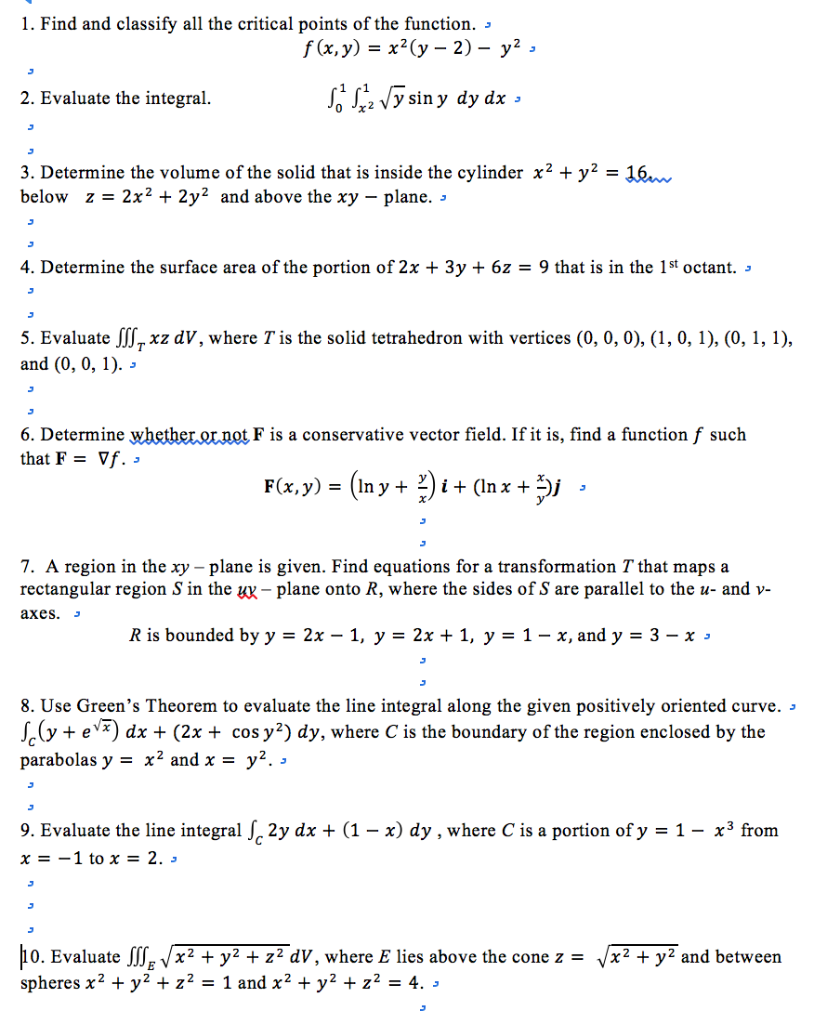


Solved 1 Find And Classify All The Critical Points Of Th Chegg Com



If Y Log X Sqrt X 2 1 Prove That X 2 1 D 2 Y Dx 2 X Dy Dx 0 Youtube



If X2 Y2 25xy Then Prove That 2 Log X Y 3log3 Log X Log Y Brainly In
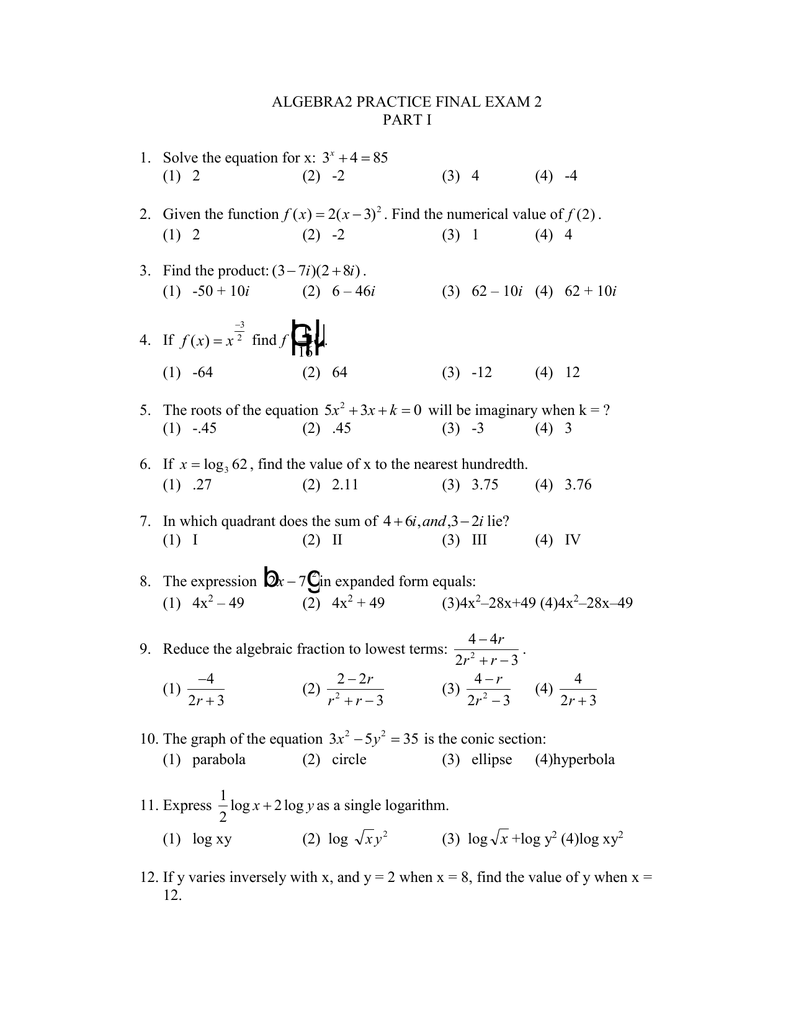


Algebra2 Practice Final Exam 2 Part I
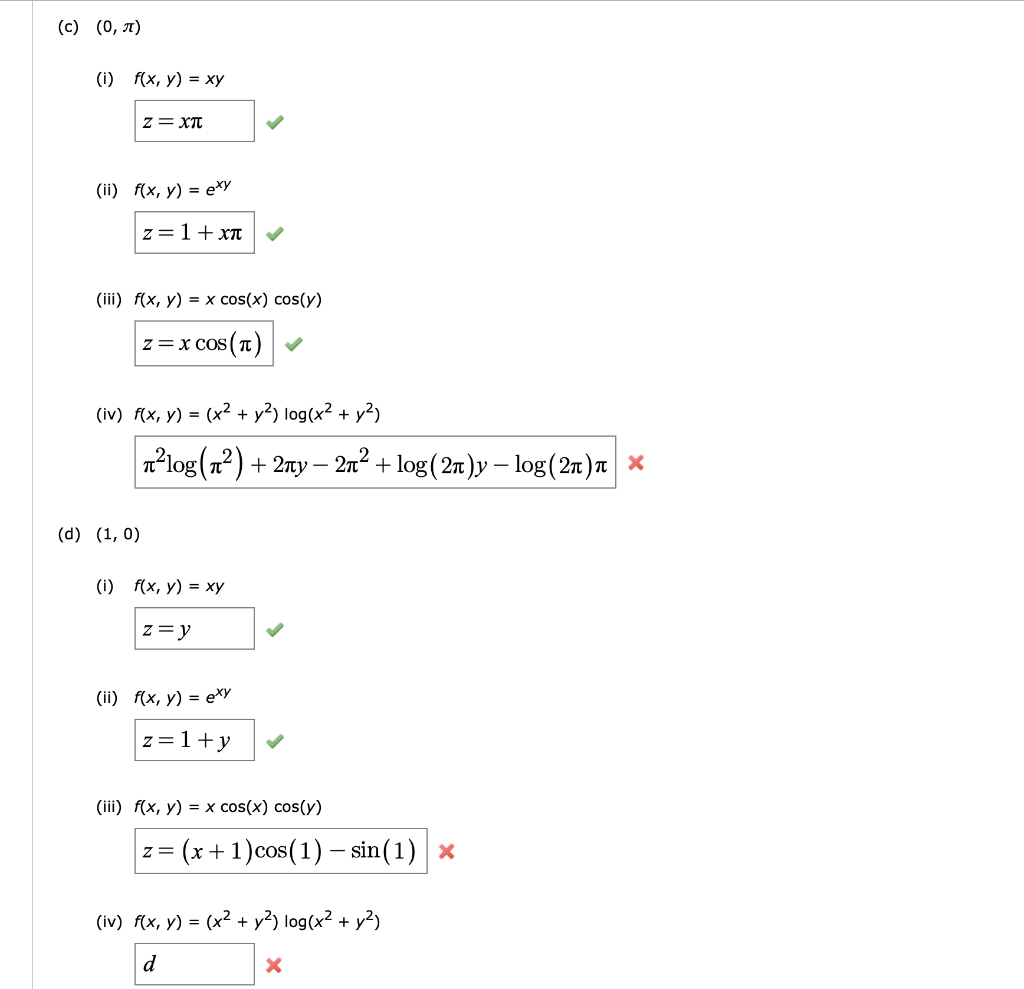


Solved Compute The Plane Tangent To The Graphs At The Ind Chegg Com



Pde Tutorial Sheet
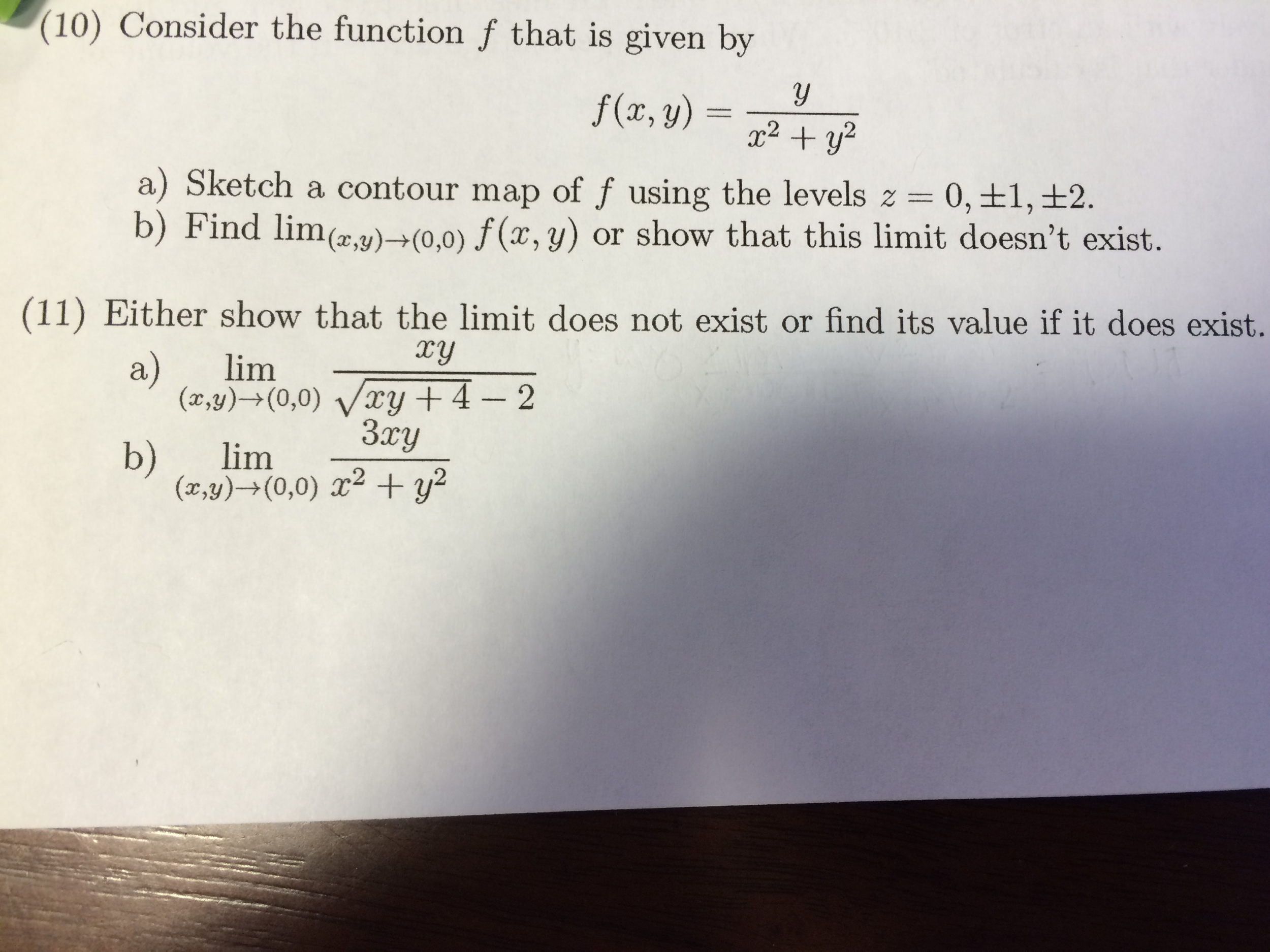


Solved Consider The Function F That Is Given By F X Y Chegg Com



Binary Logarithm Wikipedia



If U F R Where R 2 X 2 Y 2 Then 2u X 2 2u Y 2
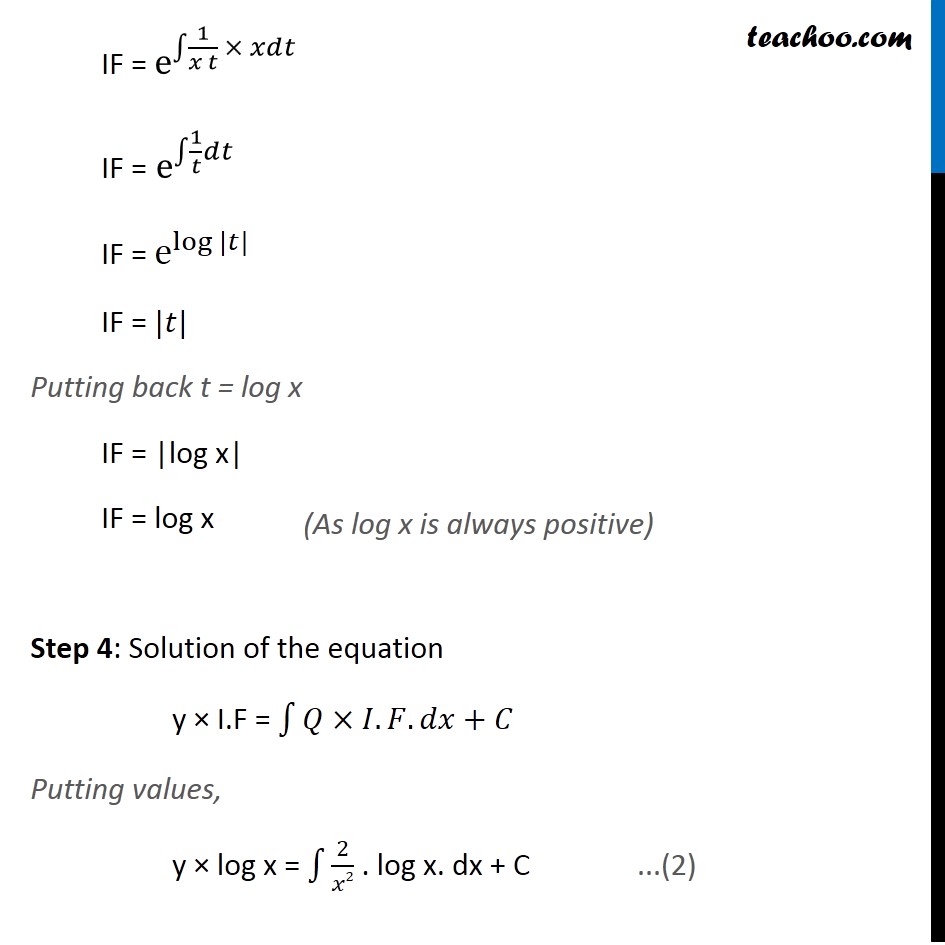


Ex 9 6 7 Find General Solution X Log X Dy Dx Y 2 X Log X



If Log X 2 Y 2 Tan 1 Yx Then Prove That Dydx X Yx Y



Sheet 3fk Pdf



Engineering Mathematics Notes



Implicit And Logarithmic Differentiation



Unit 03 Differential Equations Doc Logical Truth Equations
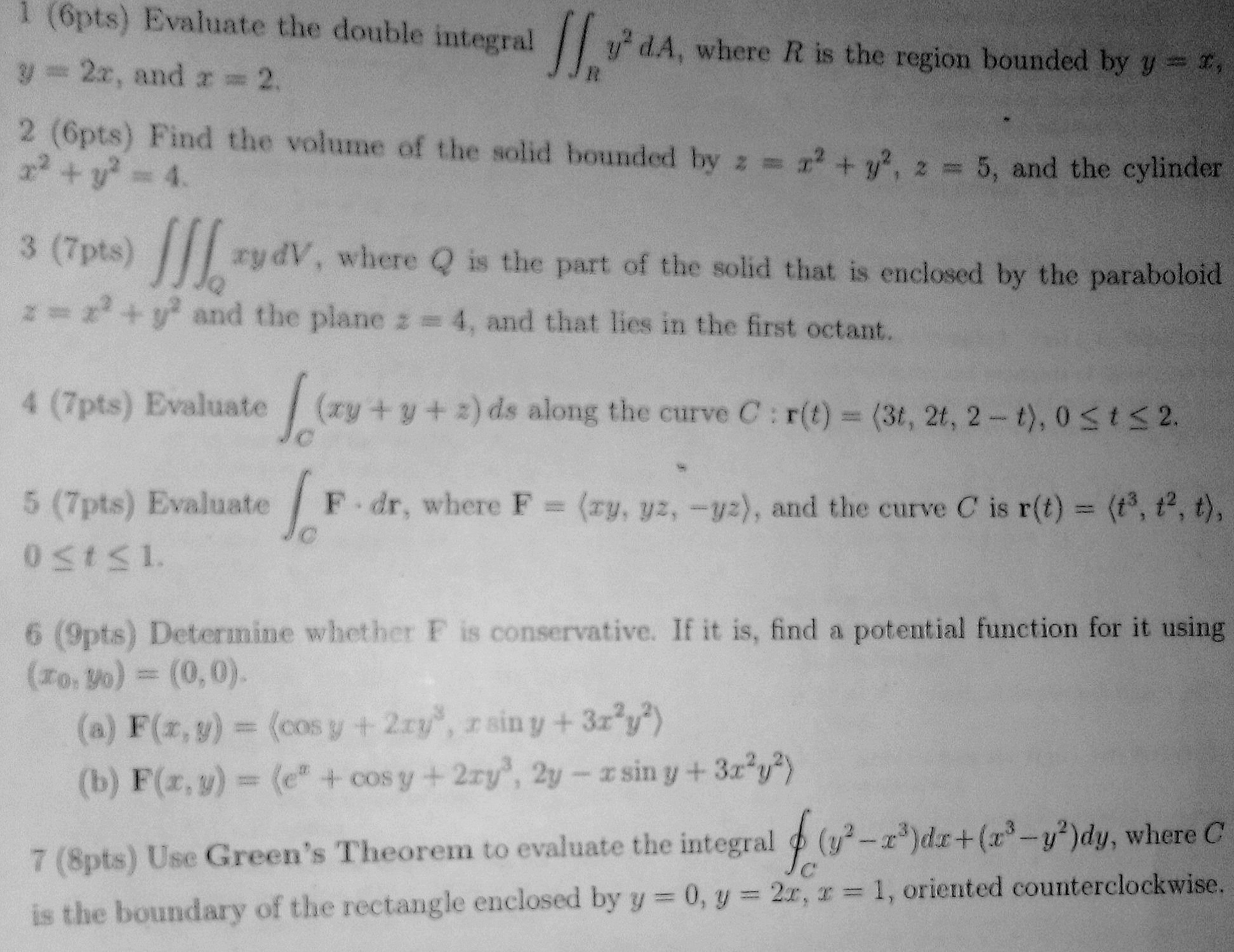


Solved Evaluate The Double Integral Y2da Where R Is The Chegg Com



If Log X2 Y2 2tan 1 Y X Then Show That Dy Dx X Y X Y Brainly In



Solve Y 2 2x 2y Dx 2x 3 Xy Dy 0 Mathematics Stack Exchange



Show That Y A Cos Log X B Sin Log X Is A Solution Of The Differential Equation X 2 D 2y Youtube



Partial Derivative Of F X Y Xy X 2 Y 2 With Quotient Rule Youtube
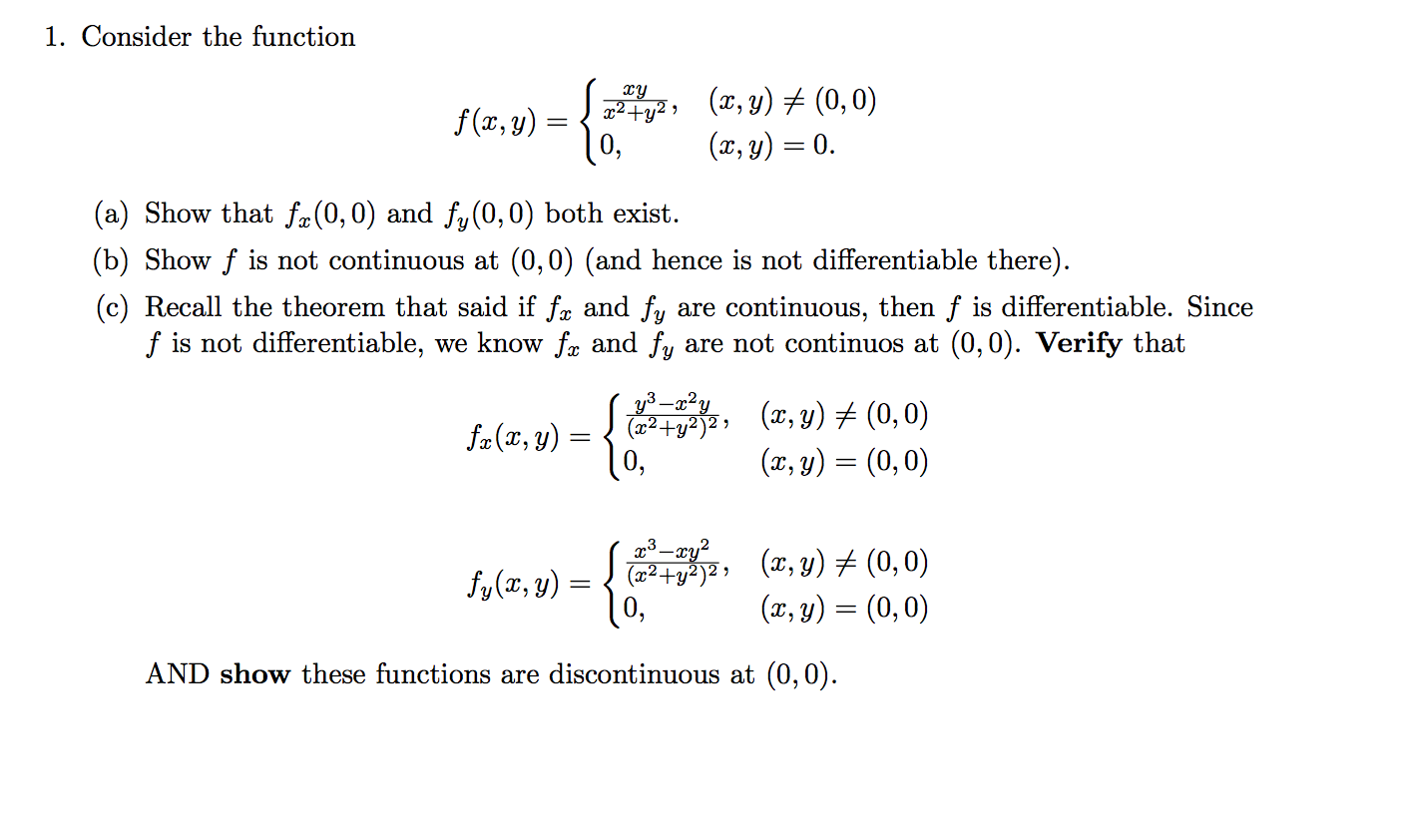


Solved Consider The Function F X Y Xy X 2 Y 2 Chegg Com



Natural Logarithm Wikipedia



Bijection Function F X Y X Y 1 2x 2y 2 Mathematics Stack Exchange



Ex 9 6 6 Find General Solution X Dy Dx 2y X2 Log X



If Y Log X Root X2 1 Then Prove That X2 1 Dy Dx X Dy Dx 0 Brainly In



Solve Y 2 2x 2y Dx 2x 3 Xy Dy 0 Mathematics Stack Exchange



Engineering Mathematics Notes



Ipe Material Notes



How To Find The Domain And Range Of F X Y Ln Xy 2 Youtube



Example 15 Show X Y Dy Dx X 2y Is Homogeneous Solve



Solve Y 2 2x 2y Dx 2x 3 Xy Dy 0 Mathematics Stack Exchange



Find The Value For V X Y In The Function F X Iy U X Y Iv X Y With U X Y Log X 2 Y 2 Mathematics Stack Exchange
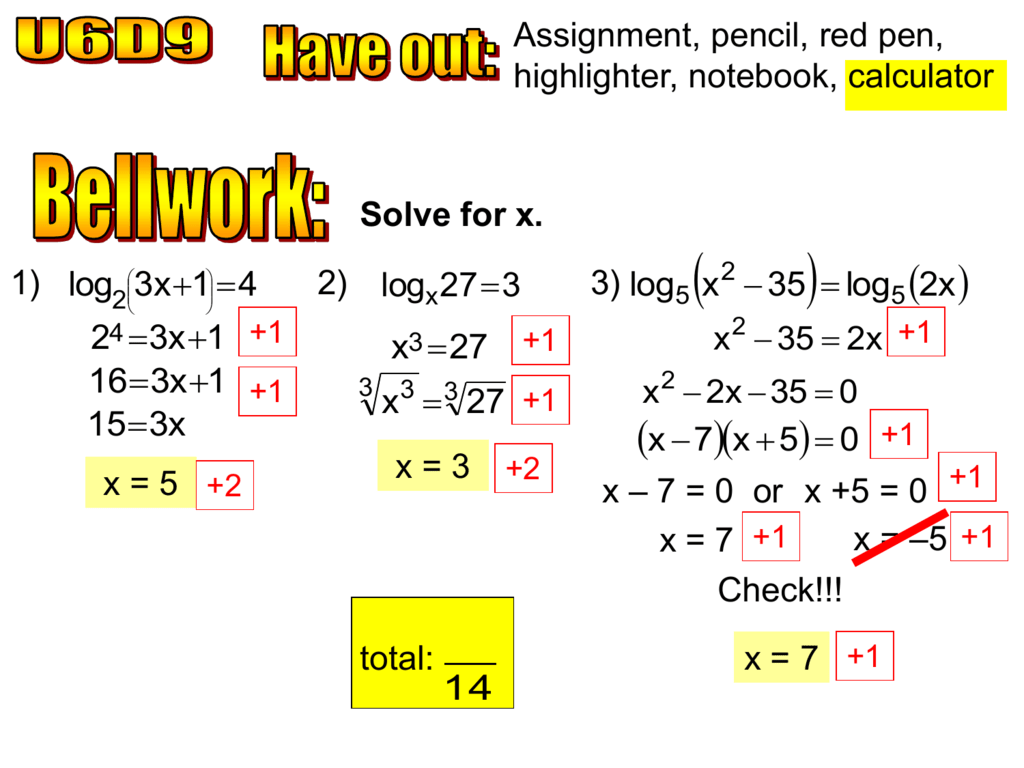


Log



Engineering Mathematics Notes
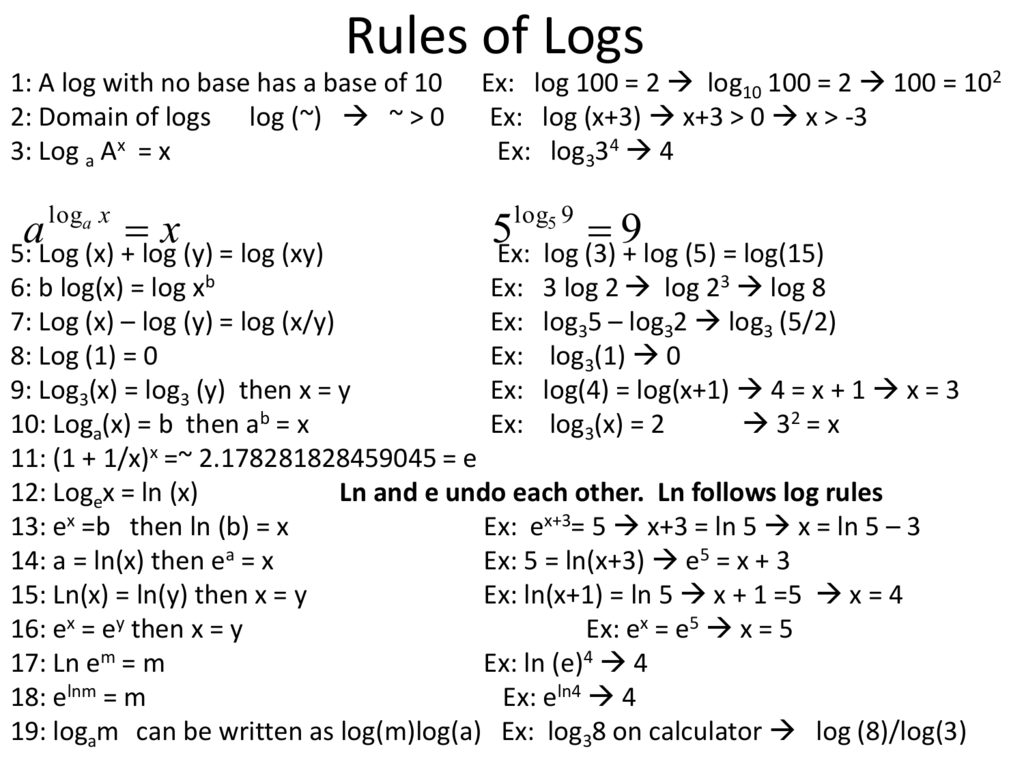


Rules Of Logs



Calculus Assessment 13 Question Sheet Calculus Exercises 13 Please Hand In Your Studocu
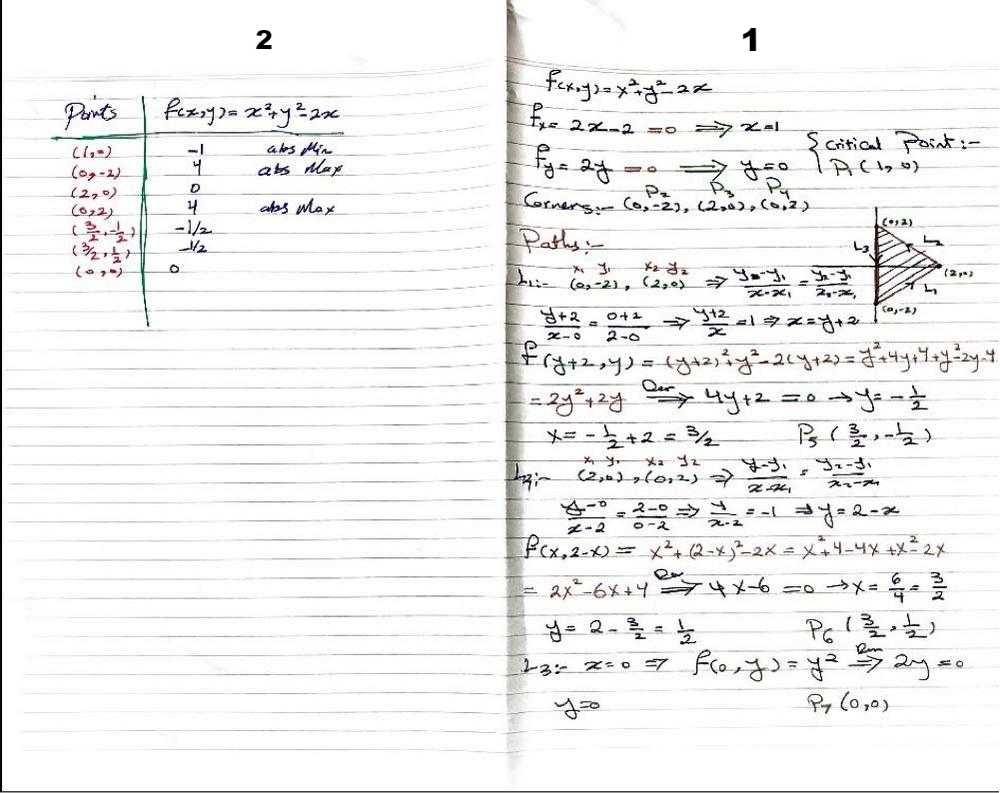


Find The Absolute Maximum And Minimum Values Off On The Set D Math F X Y X 2 Y 2 2x Math D Is The Closed Triangular Region With Vertices 2 0 0



Derivative Of X 2 Y 2 Log Xy Youtube



Ipe Material Notes



Ex 9 4 16 For Xy Dy Dx X 2 Y 2 Find Solution



Ex 9 6 7 Find General Solution X Log X Dy Dx Y 2 X Log X



If Y X 2 1 Log X 2 1 X Show That X 2 1 Dydx Xy 1 0



If Y Log X X Y Then Prove Dy Dx Log X 1 Log X 2 Brainly In
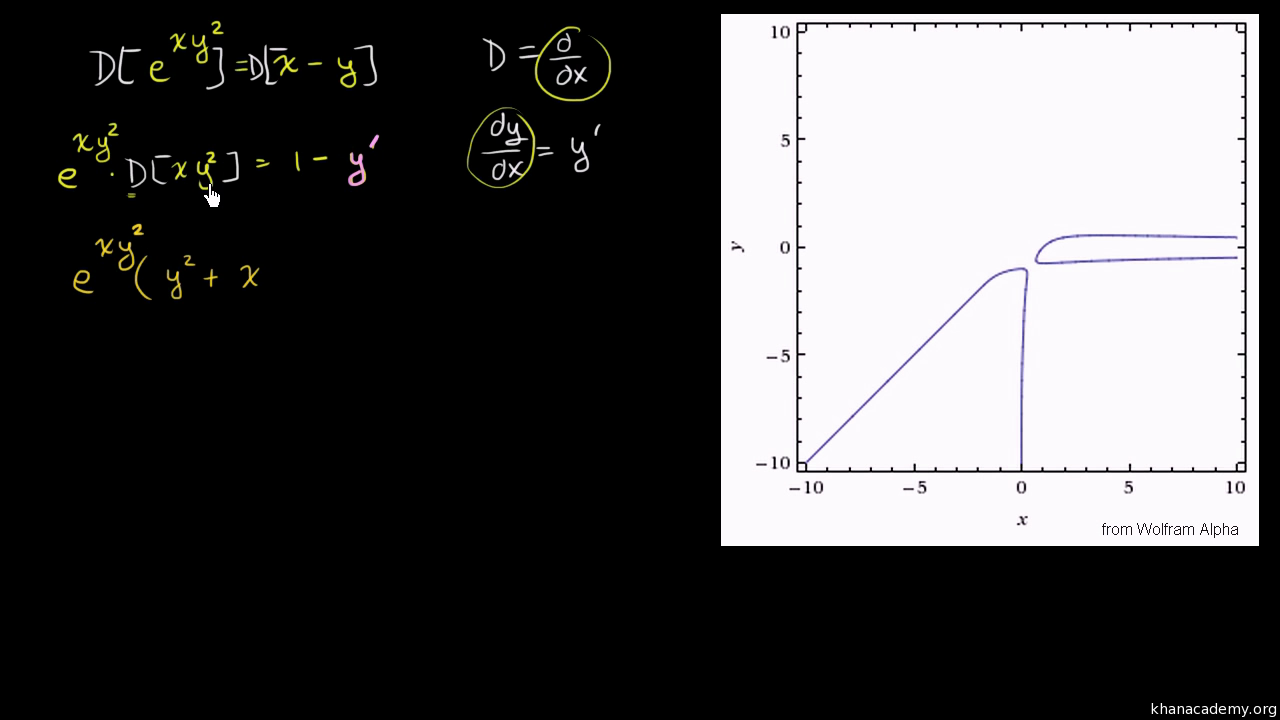


Implicit Differentiation Advanced Example Video Khan Academy



Implicit And Logarithmic Differentiation
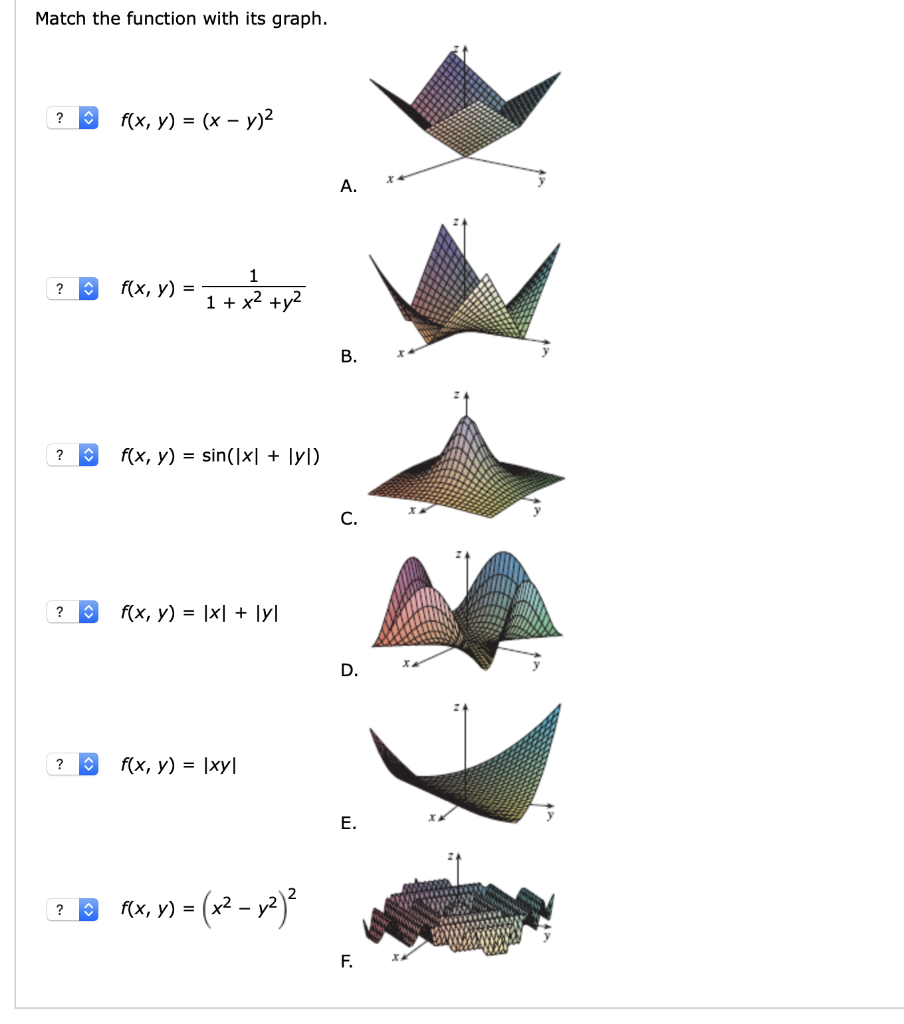


Solved Match The Function With Its Graph F X Y X Chegg Com



Implicit Derivation Of Logarithmic Function Y Ln X 2 Y 2 Youtube



Double Integrals Volume And Average Value



Engineering Mathematics Notes



Ex 3 Find A Value Of A Directional Derivative F X Y Ln X 2 Y 2 Youtube



If X2 Y2 6xy Prove That 2log X Y Logx Logy 3log2 Brainly In



How To Solve The Ordinary Differential Equation X 2 Y 2 X Y 2y X 4 Mathrm E X Mathematics Stack Exchange



If F X Log 1 X 1 X Then Show That F X F Y F X Y 1 Xy Brainly In
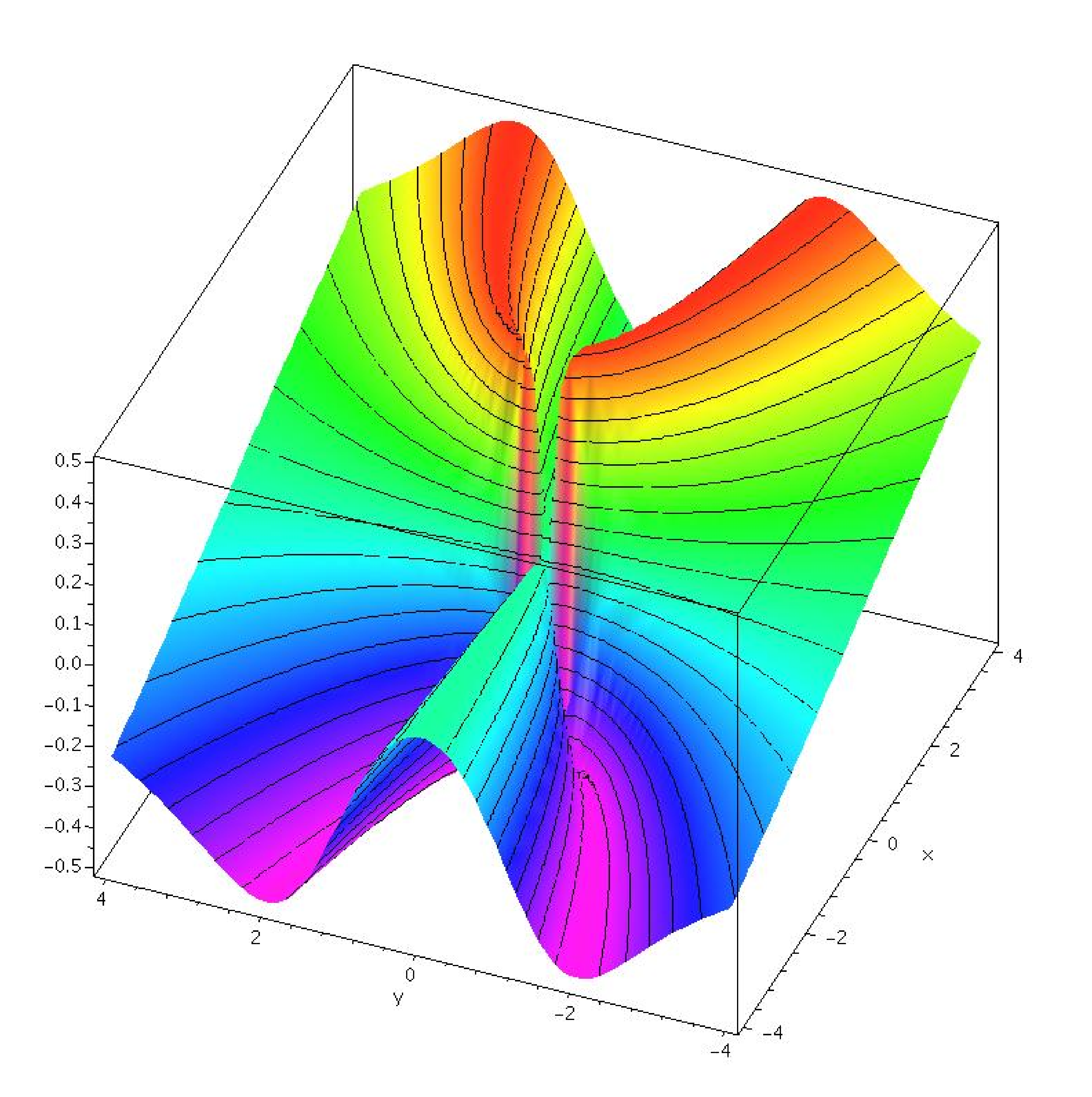


14 2 Limits And Continuity



If U Log X 4 Y 4 X Y Then Prove That X Du Dx Y Du Dy 3 Brainly In



Implicit Differentiation Advanced Example Video Khan Academy



No comments:
Post a Comment